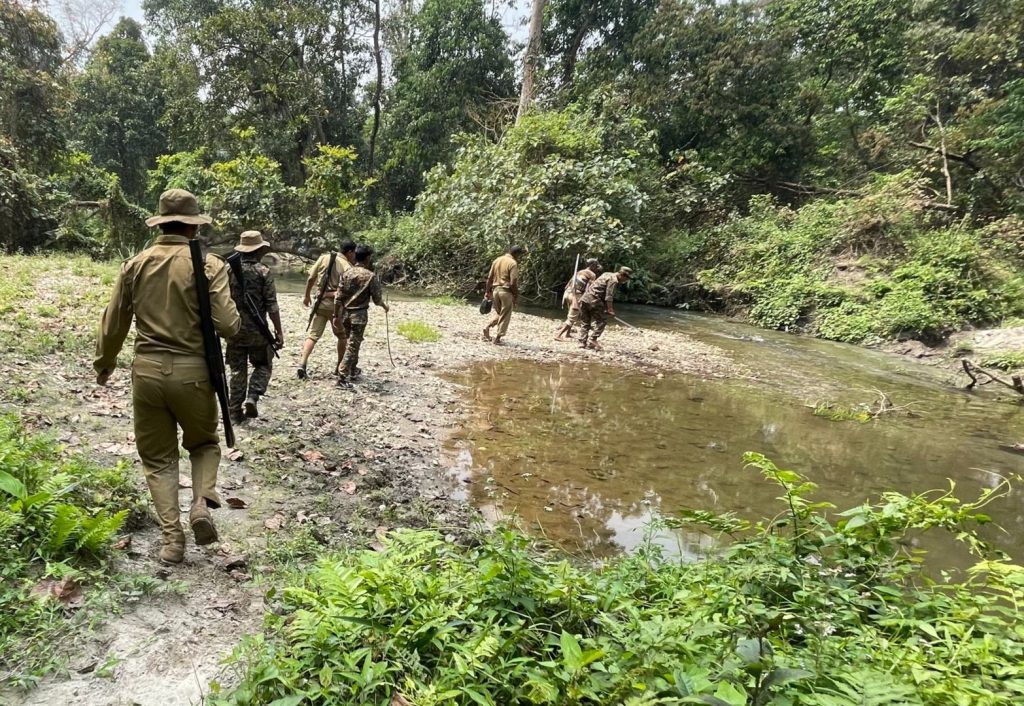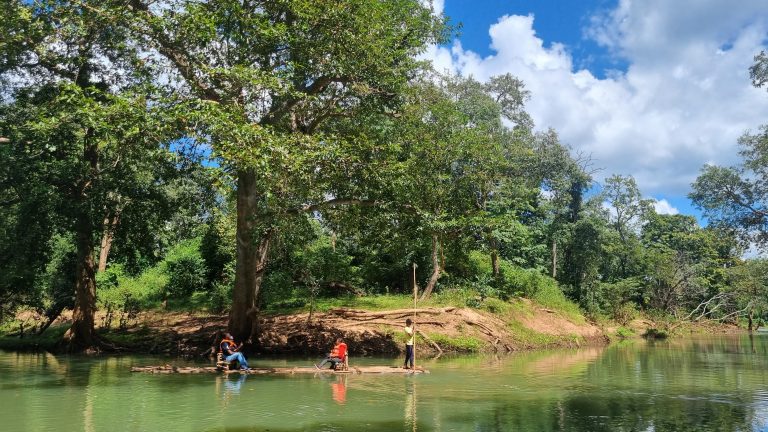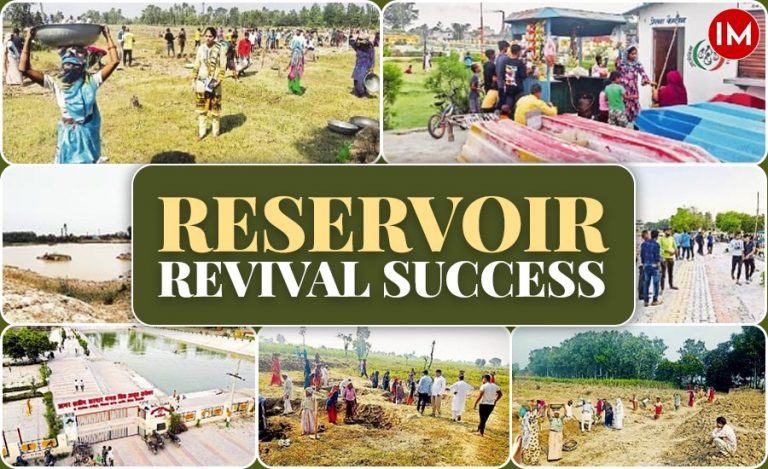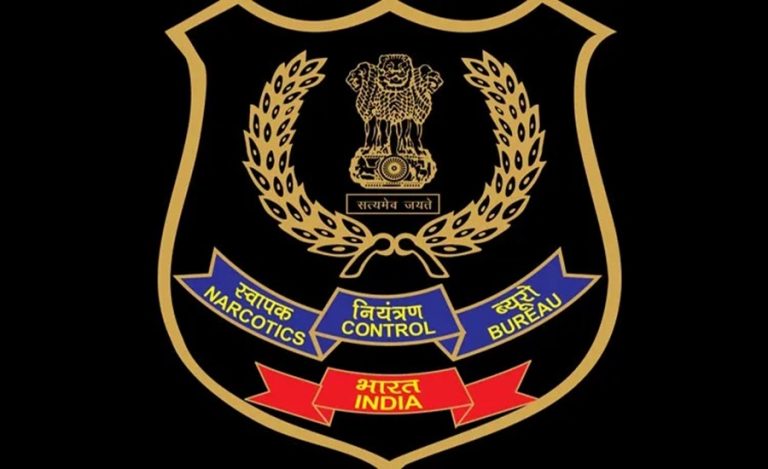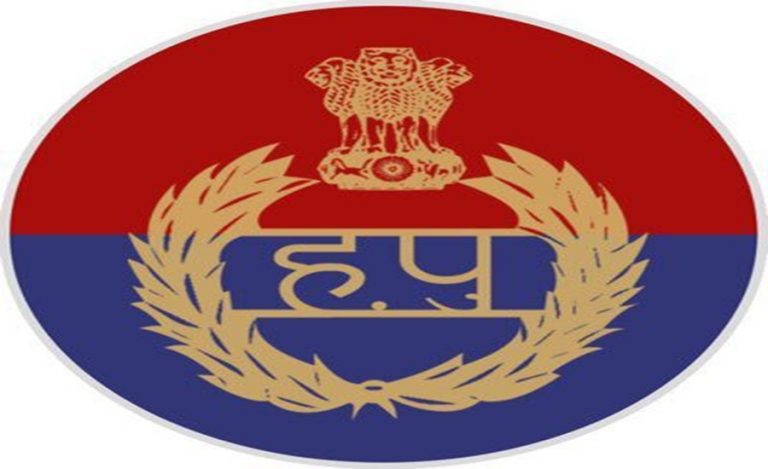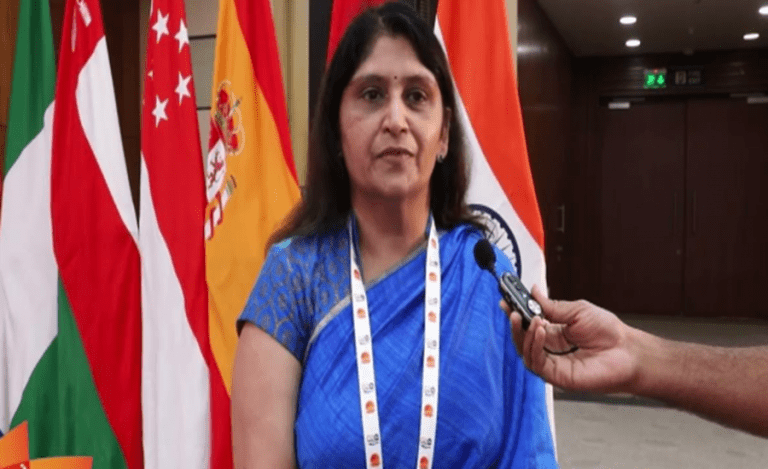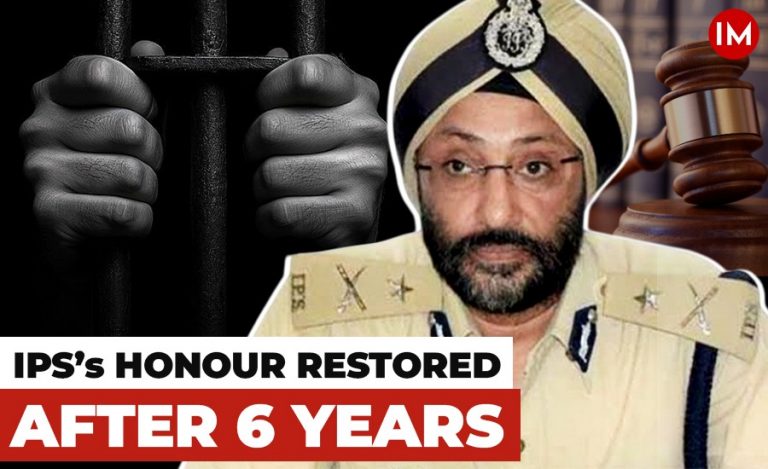From the infamous ‘Khejarli massacre’ which took place in 1730 to a recent death of a forest guard who was stranded to death by an elephant while patrolling the Beriwada forest range of Rajaji Tiger Reserve, India tops the chart of the deadliest countries for the protectors of forests. But at the same time, this reflects the commitment of the forest personnel in the country and the courage they show towards their line of work.
Today on 11 September, National Forest Martyrs Day is being commemorated all across the country in order to pay due respect to those who lost their lives while protecting our forests and wildlife.
PROTECTING THE FORESTS
Speaking with Indian Masterminds, Dr Saket Badola, who is currently the Head-TRAFFIC, WWF India, said “This day has a historical reference as in 1730s when the Bishnoi women resisted felling of khejri trees. It is important for us to highlight the challenges and threats which forest rangers are facing and also a way to communicate to the people that we need to support them if we need to save our biodiversity.”
“However,” he added “there are several reasons behind their death while protecting forests and the wildlife. First of all, the cases of illegal mining. While resisting the mining mafia, the forest officers have to face the brunt of it. Secondly, the timber mafias are another threat. Apart from this, poaching, human-wildlife conflict and patrolling are other reasons due to which forest ranger lose their lives.”
KHEJARLI MASSACRE
Even before the famous Chipko Movement which took place in 1980s, a brave act was shown by the Bishnoi’s who sacrificed their lives to protect the forests in the 18th century in Rajasthan.
The historic event took place when the then Maharaja Abhay Singh of Jodhpur wished to build a palace in Jalnadi now called Khejarli village. For this, he asked his soldiers to cut off the sacred khejri trees coming in the way of construction.
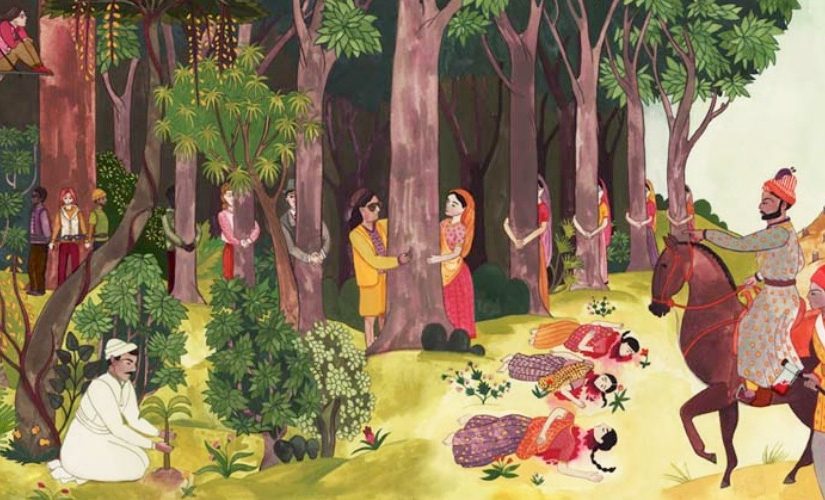
However, as the trees were sacred and of a lot more importance to the people, their leader Amrita Devi Bishnoi stood in the way of the Maharaja’s army to protect the trees. Despite strict instructions from the Maharaja, the brave Bishnoi women didn’t budge. She was attacked and killed by the soldiers. Her three daughters and a large number of other women from the areas met the same fate. Before dying, they all uttered the prhase,”A felled tree is more important than a chopped head.”
As many as 363 Bishnoi women were martyred on that particular day and due to the sacrifice of the protestors, the order of felling the trees was recalled by the remorseful kind.
SAVING FOREST RANGERS
Mr. Badola emphasized that “We need to make the lives of forest rangers safe and easy. For this, we need to make them equipped which necessary tools and support they require. In case of human-wildlife conflict, they should get a proper gear through which they can protect themselves from the attack of animals. This can also help them in patrolling. Infrastructure support is also important at the same time. Apart from this, proper training of these officers is essential so that they can survive in the worst conditions.”
As India is commemorating the Forest Martyrs Day, many Indian Forest Officers (IFS) also took to Twitter to pay their homage to the fellow officers who lost their lives while protecting the forests. Here are a few of the Tweets:
On this day in 1730, 363 Bishnois from Jodhpur were killed in Khejarli, when objected to felling of Khejri trees by the king. Day is celebrated as #ForestMartyrsDay. Scores of ground staff & officers have laid down their lives in protecting the ecological security of country. pic.twitter.com/yE4MAKH5AP
— Parveen Kaswan, IFS (@ParveenKaswan) September 11, 2021
Walking through the difficult terrians, the foresters protect our forests & wildlife. Most times their works go unnoticed, still they continue to walk & walk fighting all odds.
— Sudha Ramen 🇮🇳 (@SudhaRamenIFS) September 11, 2021
Not to forget, India records 31% death of Rangers. Respects to the martyrs on #ForestMartyrsDay pic.twitter.com/yCvHqr8byq
India has one of the highest rates of ranger deaths, while on duty, in the world. We salute our fallen warriors and unsung heroes today on #NationalForestMartyrsDay. pic.twitter.com/tzOJrT3Mbg
— Ramesh Pandey (@rameshpandeyifs) September 11, 2021
There is seclusion, resource-deficit and there is threat to life, both from humans & wildlife. 🌳🐅
— Ankit Kumar, IFS (@AnkitKumar_IFS) September 11, 2021
This is the life of our frontline staff.
Humble tribute to their hardships & martyrdom.#NationalForestMartyrsDay
To all the #Forestors and Green Warriors who laid their precious lives in protection of Forests and #wildlife, so that all of us could enjoy nature and its resources.
— Madhu Mitha, IFS (@IfsMadhu) September 11, 2021
Gratitude and Green Salute on #ForestMatyrsDay.
Forestors Memorial, Chikaldhara,#Melghat Tiger Reserve. pic.twitter.com/gn7AJ8B1Mh
Salute to our #GreenWarriors ..🙏#ForestMartyrsDay @minforestmp @mptfs @aranya_kfd @MahaForest @kaziranga_ @DEFCCOfficial @ntca_india pic.twitter.com/5kJ1fHiw6M
— Surender Mehra IFS (@surenmehra) September 11, 2021
Today is #ForestMartyrsDay, observed to pay homage to the forest front line staff & officers who laid their life in the line of duty.
— Akash Deep Badhawan, IFS (@aakashbadhawan) September 11, 2021
Between 2012-17, India accounted for nearly 31% of world’s ranger deaths.
Lest we Forget! Jai Hind! pic.twitter.com/6qsDsM40lJ

